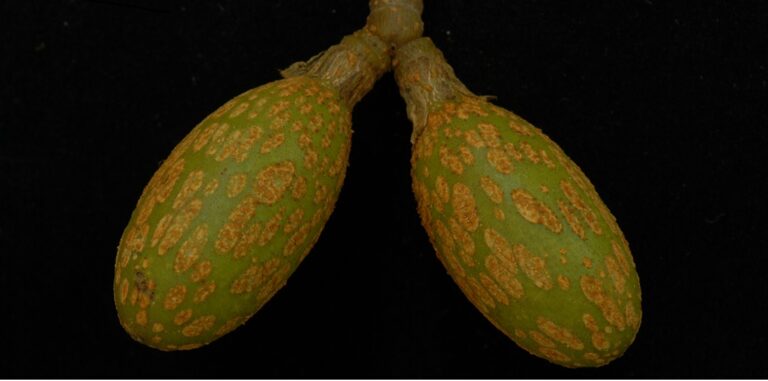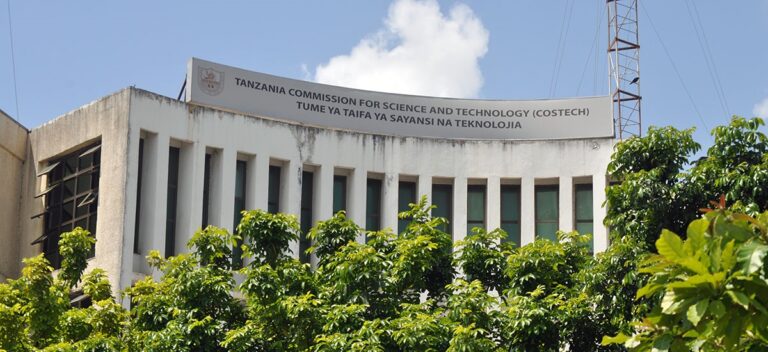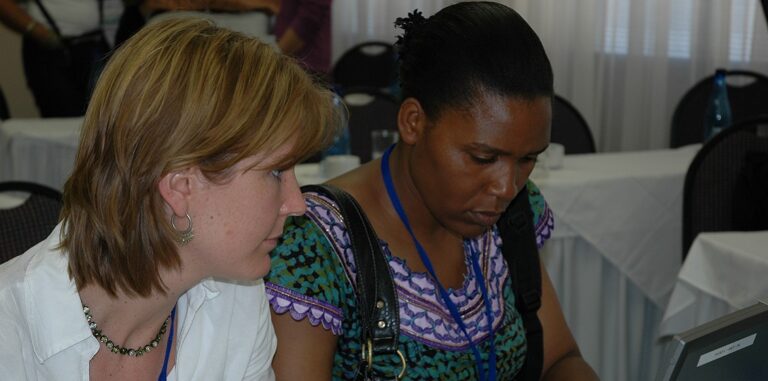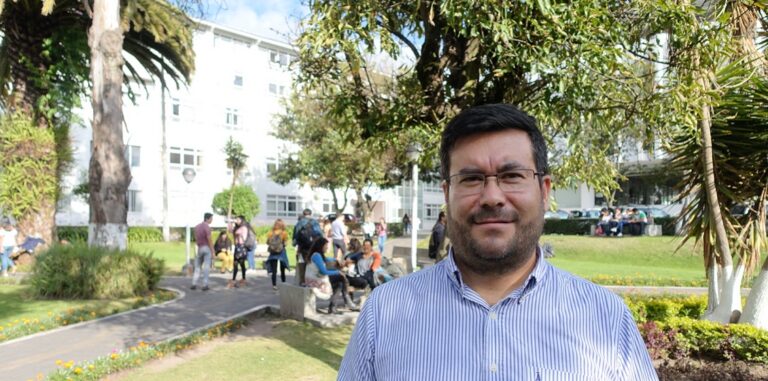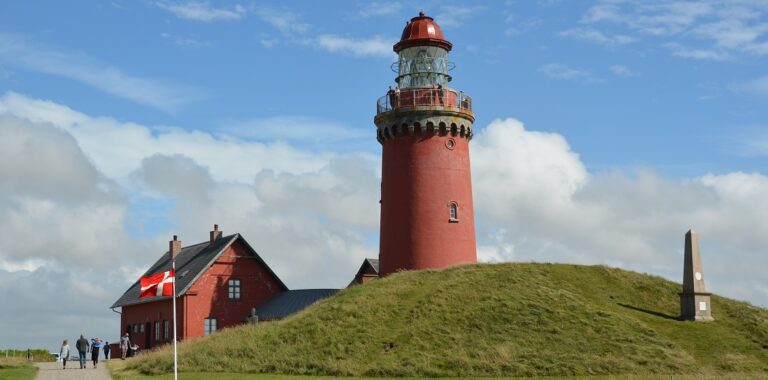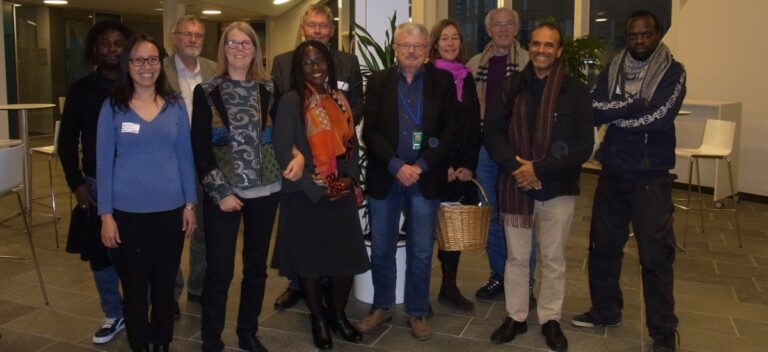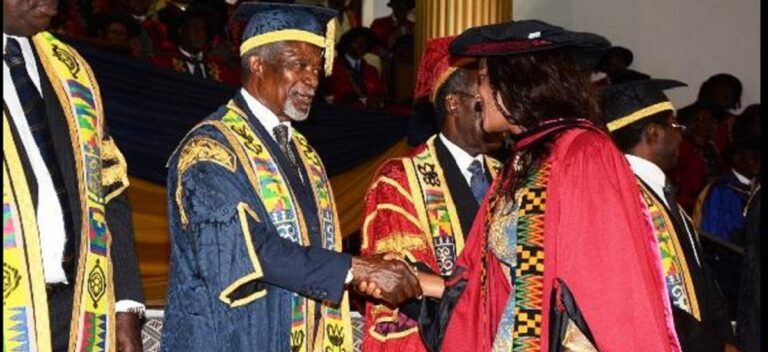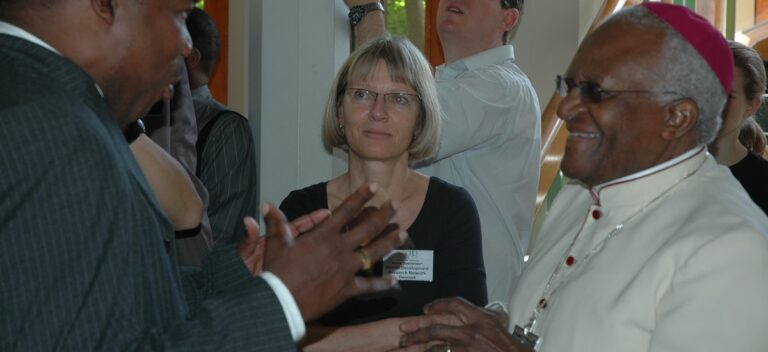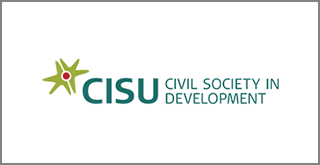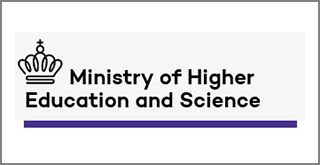Latest posts
Researching the most biodiverse place on earth
Danish support to research in Ecuador has contributed to document the mega biodiversity in the national park of YASUNI – the biggest in the country, the most famous – and also by far the most controversial national park – maybe even in the South American continent.
Read More
Driving Tanzanian ‘Sayansi’
The tall building, which accommodates the Tanzanian Commission for Science and Technology (COSTECH), is popularly called 'Sayansi' - a simplified swahilification of the English word for science. COSTECH is a parastatal organisation with the responsibility of co-ordinating and promoting research and technology in Tanzania, including international cooperation. It is thus also the Tanzanian counterpart for the South-Driven Development Research Projects administered by the Danish Fellowship Centre (DFC) and funded by the Ministry of Foreign Affairs of Denmark.
Read More
DDRN Seminar: Mutual South-North learning? Taking stock of development studies at Aalborg University
DDRN Seminar on Wednesday 14 February 2018, 19.00-21.00
Venue: Aalborg University, Rendsburggade 14, ground floor, room 4.105, Aalborg
Read More
Documenting biodiversity in Ecuador – the ENRECA contribution
At Pontificia Universidad Católica del Ecuador (PUCE), a large university in Quito, the capital of Ecuador, one of the leading researchers, Hugo Navarrete, recalls the support by Danish colleagues during his early career in tropical biology.
Read More
Civil society in Denmark on the move for SDGs
The 2030 panel, the Parliamentarians’ 2030 network, and the Parliament Committee on Energy, Utilities and Climate jointly organised what will become an annual multi-stakeholder forum on the 17 SDGs. Statistics Denmark builds capacity with national statistics departments in Vietnam, Philippines, and Ecuador to monitor SDGs,
Read More
RIKO – think tank for non-violent conflict resolution
Council for International Conflict Resolution (RIKO) is a non-governmental organisation founded in 2009. It is a think tank working for a resolution of international conflicts and crises based on non-military and non-violent conflict resolution principles. The objective is to define alternative policies to those wars, in which Denmark has been and still is involved.
Read More
Networking
There is no shortage when it comes to networks on development. DDRN will explore the various networks and what they can do for you. This post is an appetizer listing a few networks to be recommended.
Read More
UN Sustainable Development Goals
The UN 2015 Report Transforming Our World defines a set of Sustainable Development Goals (SDGs) to guide world development until 2030. The 17 SDGs are universal by definition. Private sector, public and civil society organisations worldwide refer to the SDGs. At ddrn.dk, the SDGs will serve as a basic classification when covering contributions of knowledge for sustainable development.
Read More
Climbing the social ladder or making a difference?
What is the outcome of research capacity development? Climbing the social ladder or making a sustainable difference. New research on individual work careers of Ghanaian academics draws a diverse picture. Former PhD students from University of Ghana, who became part of the Enhancement of Research Capacity (ENRECA) programme 1989-2009, were interviewed for the study.
Read More
Research for advocacy
Non-governmental organisations (NGOs) make use of research findings when advocating program interventions and policy reform. Anne Sørensen, who was the Chief Coordinator of DDRN 2007-2011, tells about a few examples from her present work as the Programme Manager for Education in Oxfam IBIS, Denmark. Anne Sørensen feels that a thorough mapping of research practises and research needs of development NGOs would help to set research agendas.
Read More
DDRN UPDATES






























